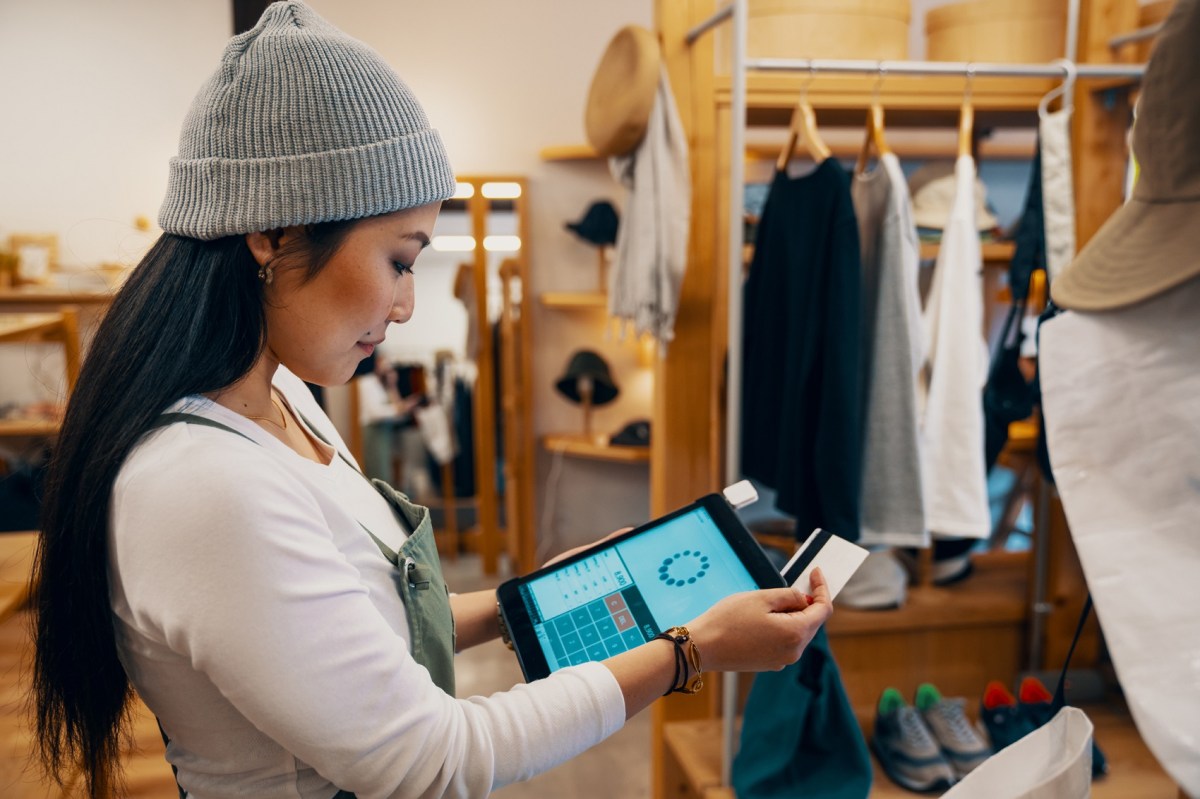The retail industry is built not just on beautiful products, but human connections and meaningful experiences between retailers and their customers. When human connections are formed and meaningful experiences are facilitated, consumer loyalty can – and does – grow. However, incentivising loyalty requires strategy and an unwavering commitment to customer experience.
According to research from PwC, the most important factors for customers – and those they’d be willing to pay more for – are efficiency, convenience, knowledgeable service and friendly service. While most people only think about technology and customer experience when it fails or disrupts the process, today it can directly improve customer experience. Here’s how technology can empower your business to strengthen your customer experience in the areas they value most.
Efficiency and convenience
Whether they interact with your business in-store or online, efficiency is an essential – but too often overlooked – pillar of great customer service. Good customer experience minimises friction, maximises speed and efficiency to enhance the human element we all crave. To offer efficient digital customer experience, ensure your online store is easy to navigate; that your checkout process is streamlined; that your contact details, address and other key information is easy to find; and that your entire online presence – from your website to social media and business directories – is linked.
Technology can drive in-store efficiencies, too. For example, mobile point-of-sale technology allows you to reduce queues and free up more time for you and your team to engage with shoppers. And don’t overlook efficiency behind-the-scenes. By automating time-consuming, low-value processes like inventory management, data input, or digital marketing your team can carry out higher-impact activities. While your shoppers might not experience these efficiencies directly, they do indirectly.
When consumers are spoilt for choice, as they are today, providing convenient experiences must be prioritised. Four in ten (43%) consumers would be willing to pay more for greater convenience and six in 10 would prefer to shop in-store with a retailer that uses technology to enhance the experience. If you can use technology to streamline their experience, and unlock your team’s time to add value, you could see your customers’ affinity – and, therefore, their value to your business – grow.
Knowledgeable service
Knowing your product inside out is essential, but so too is knowing your customer. Shoppers want businesses that recognise their unique habits and preferences, then offer personalised experiences based on those insights. You can collect customer data through online purchases, newsletter registrations and QR codes. Then, through Zoho Analytics, you can analyse data and discover hidden insights that allow you to understand them and what they need from your customer experience.
With that knowledge, you can target them with personalised marketing, provide unique offers based on previous purchases and discounts when it’s their birthday. When customers feel genuinely valued and understood, rather than a commodity, their loyalty will grow. While technology and data drives personalised, insight-driven experiences, it can also boost your team’s knowledge of your products and processes, too. For example, real-time inventory software allows you to inform customers about the availability and location of products they can’t find on the rack or provide details of the materials. This knowledge and convenience matters.
Friendly service
Technology cannot – and should not – replace human interactions. However, it can unlock more time for people to dedicate to these meaningful interactions. Automating manual, time-consuming and laborious processes empowers your team to spend their time providing the friendly, meaningful and customer-first service your shoppers are looking for.
In fact, 42% of consumers would pay more for these friendly, welcoming experiences. If you and your team are free from the burden of time-consuming, non-revenue generating processes, you can invest more time providing the friendly, knowledgeable and convenient experience that elevates good businesses from the competition today.
Crucially, technology ties together two previously separate strategies – in-store and online – in an omnichannel approach that caters to contemporary shoppers’ desires to enjoy the convenience of ecommerce and the meaningful experiences we associate with Australia’s vibrant highstreets. A cost-of-living crisis, inflation and interest rates, and another Covid-19 spike are putting the squeeze on retailers once again. However, by optimising customer experience technology can have a tangible impact on your business’ bottom line.
Vijay Sundaram is chief strategy officer at Zoho.

